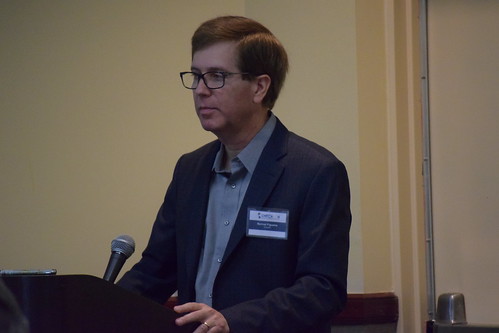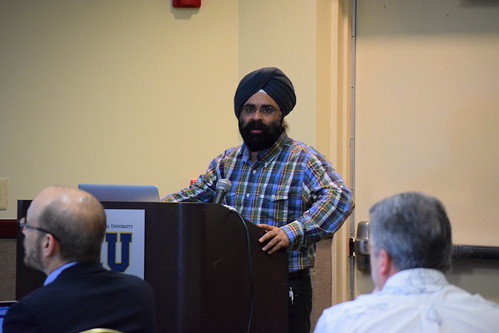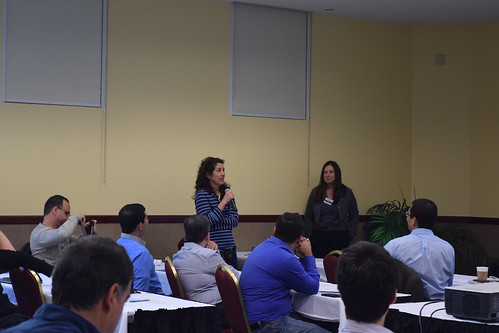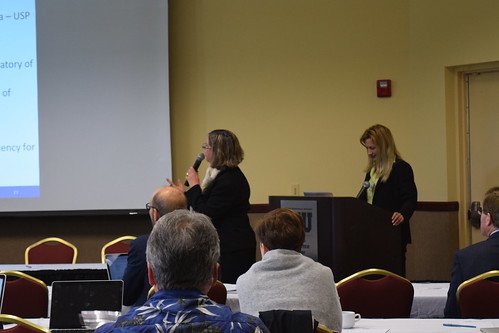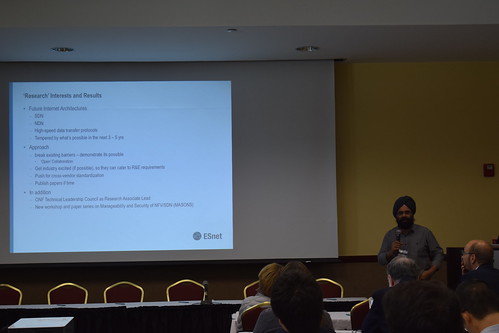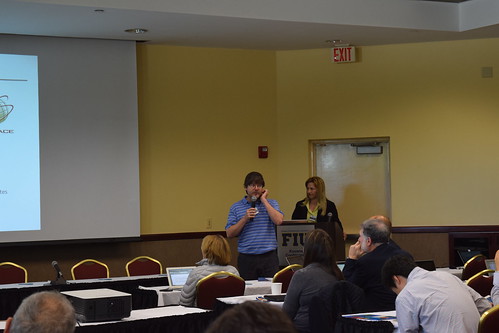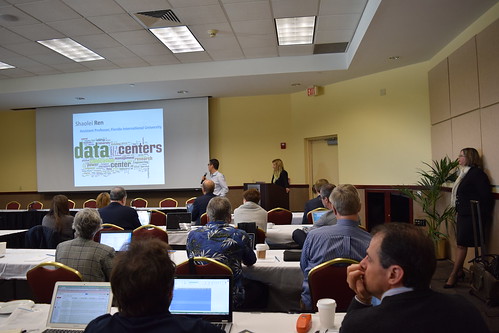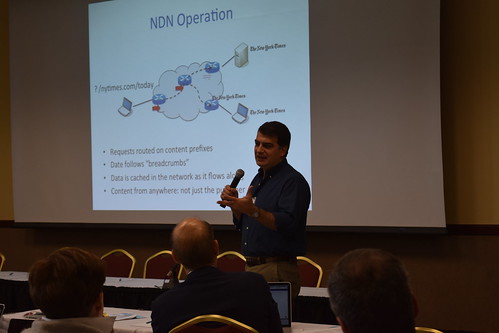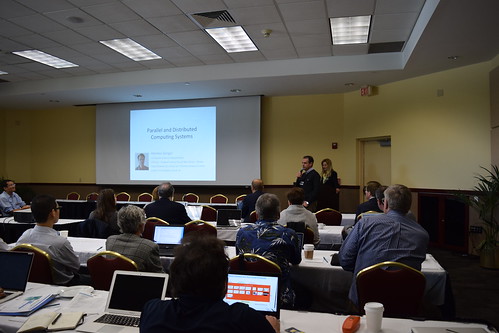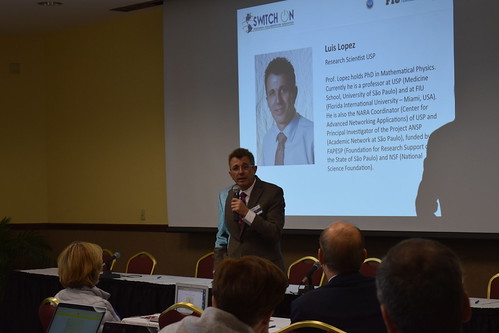![]()
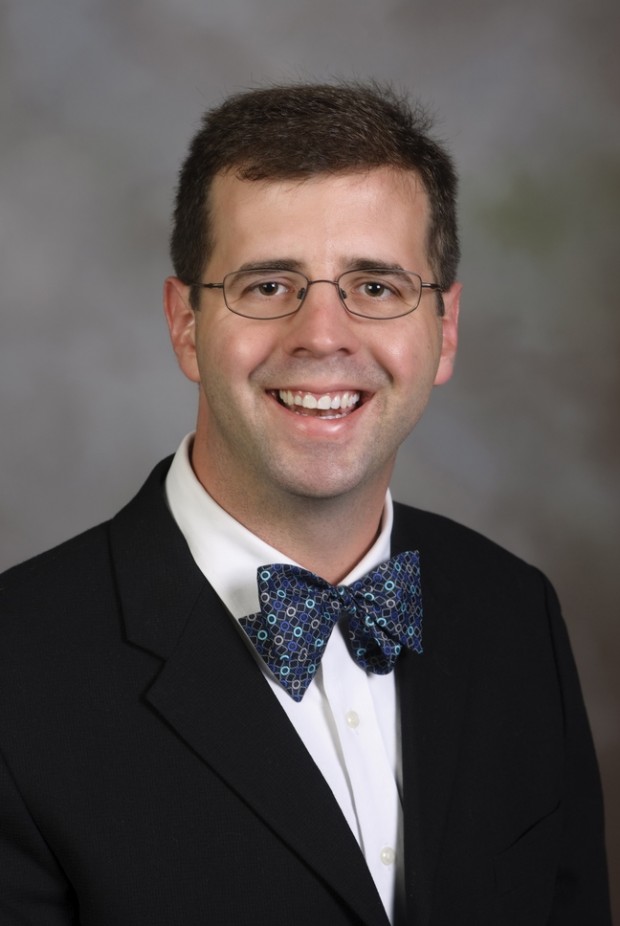
Allen B. MacKenzie, Ph.D.
Associate Professor, Bradley Department of Electrical and Computer Engineering
Associate Director, Wireless @ Virginia Tech
mackenab at vt dot edu
Allen B. MacKenzie has been on the faculty of the Bradley Department of Electrical and Computer Engineering at Virginia Tech, where he is now an associate professor, since 2003. During the 2012–2013 academic year, he was an E. T. S. Walton Visiting Professor at Trinity College Dublin. Prof. MacKenzie’s research focuses on wireless communications systems and networks. His current research interests include cognitive radio and cognitive network algorithms, architectures, and protocols and the analysis of such systems and networks using game theory. His past and current research sponsors include the National Science Foundation, Science Foundation Ireland, the Defense Advanced Research Projects Agency, and the National Institute of Justice. Prof. MacKenzie is an area editor of the IEEE Transactions on Communications and an associate editor of the IEEE Transactions on Mobile Computing. He is the author of more than 50 refereed conference and journal papers and a co-author of the book Game Theory for Wireless Engineers.
![]()
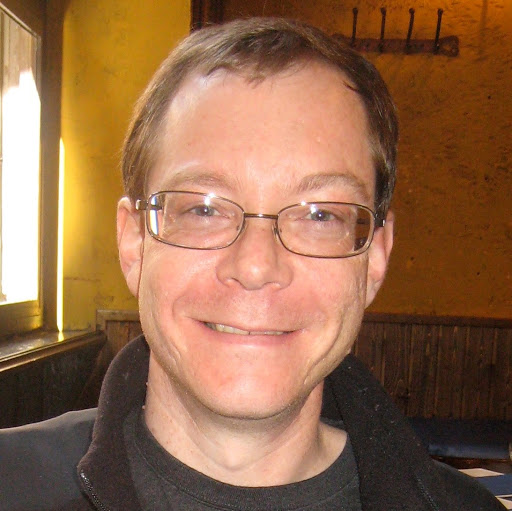 Andy Bavier, Ph.D.
Andy Bavier, Ph.D.
Princeton University
acb at cs dot princeton dot edu
Andy Bavier is a Research Scholar at Princeton’s Computer Science department, working on PlanetLab. He also worked on the research staff at the University of Arizona in Tucson. Dr. Bavier is an architect and core developer of the VINI project, a virtual network infrastructure that aims to provide both realism and control. He has also been involved with PlanetLab, a planetary-scale testbed for distributed applications, since its inception in 2002.
![]()
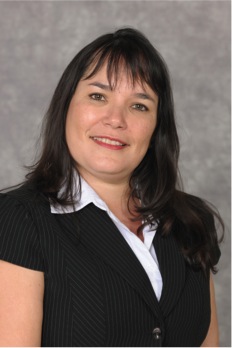 Aurisabel Fereira
Aurisabel Fereira
Florida International University CIARA
fereiraa at fiu dot edu
Aurisabel Fereira is currently the SDN/Openflow Network Engineer in Center for Internet Augmented Research & Assessment of Florida International University.
She participates in deployment of software and network operating system builds, working in coordination with development teams at Internet2, GENI, and Brazil’s OpenFlow projects. She prepares user and technical documentation for use internally and disseminate to communities of interest on the use of OpenFlow/SDN. She provides required engineering assistance in the connection of OpenFlow/SDN research activities. She maintains, implements and coordinates operations of Controller and Openflow switches in CIARA.
She has also been involved in teaching information technology courses at the university level. Aurisabel Fereira earned a Bachelor’s Degree in Computer Science (1992) from Central University of Venezuela.
![]()
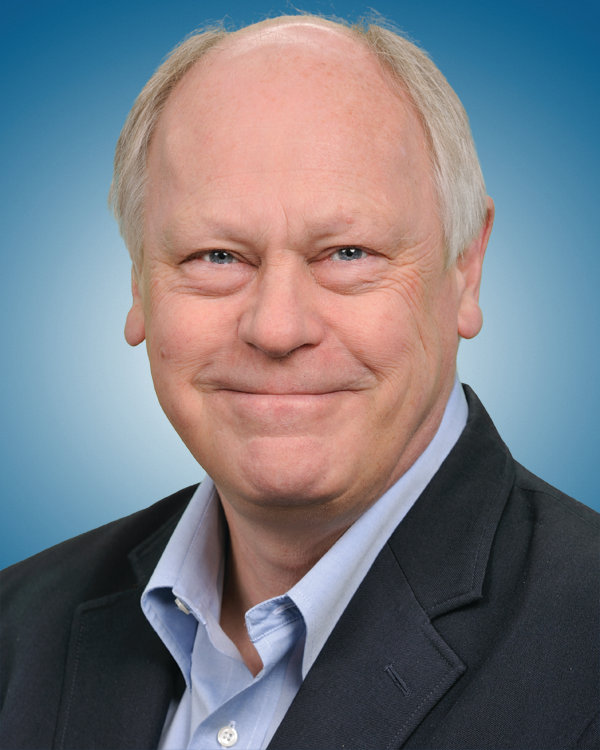 Chip Elliott, Ph.D.
Chip Elliott, Ph.D.
GENI Futures Director
celliott at bbn dot com
Chip Elliott is Principal Investigator for GENI, a nationwide suite of experimental infrastructure being created by the National Science Foundation for at-scale research in future internet architectures, services, and security. He is Chief Scientist at Raytheon BBN Technologies, Adjunct Professor at Dartmouth College, a Fellow of the AAAS, ACM, and IEEE, and an active inventor with 90 patents. Mr. Elliott has served on many national panels and has held visiting faculty positions at Tunghai University in Taiwan and the Indian Institute of Technology, Kanpur.
![]()
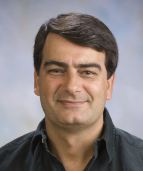
Christos Papadopoulos, Ph.D.
Associate Professor at Colorado State University
christos at cs dot colostatedot edu
Christos Papadopoulos is currently a professor at Colorado State University. He received his Ph.D. in Computer Science in 1999 from Washington University in St. Louis. In 2002 he received a NSF CAREER award to explore router services as a component of the Internet architecture. He currently works on future Internet architectures, network security and measurements. Active projects include Named Data Networking (NDN), Supporting Climate Applications over NDN, Netbrane, PREDICT, Retro-Future, WIT-II and Making Internet Routing Data Accessible to All. He is a senior IEEE member and has served on numerous ACM and IEEE conference program committees.
![]()
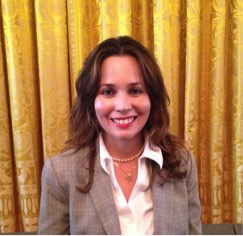 Daniela Oliveira, Ph.D.
Daniela Oliveira, Ph.D.
Associate Professor University of Florida
daniela at ece dot ufl dot edu
Daniela Oliveira is an Associate Professor in the Department of Electrical and Computer Engineering at the University of Florida. She received her B.S. and M.S. degree in Computer Science from the Federal University of Minas Gerais in Brazil. She then earned her Ph.D. in Computer Science from the University of California at Davis. Her main research interest is interdisciplinary computer security, where she employs successful ideas from other fields to make computer systems more secure. Her current research interests include employing warfare deception strategies to protect OS kernels. She is also interested in understanding the nature of software vulnerabilities and social engineering attacks, especially how these attacks can be prevented from a Psychological perspective. She received an NSF CAREER Award in 2012 for her innovative research into operating systems’ defense against attacks using virtual machines and the 2014 NSF Presidential Early Career Award for Scientists and Engineers (PECASE).
![]()
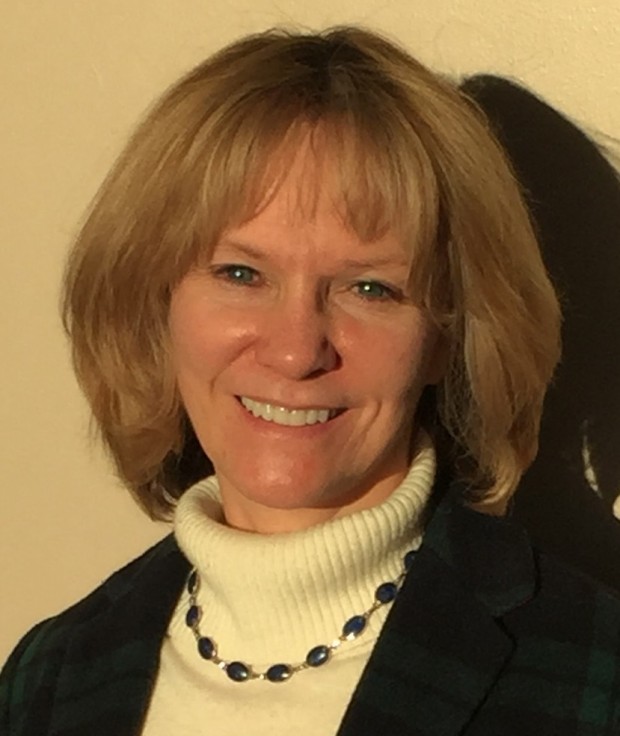 Darleen Fisher, Ph.D.
Darleen Fisher, Ph.D.
Program Director at National Science Foundation
dlfisher at nsf dot gov
Dr. Darleen Fisher is Program Director and Cluster Lead, Networking Technology and Systems (NeTS) Cluster, in the Division of Computer and Network Systems (CNS) in the National Science Foundation’s Directorate for Computer and Information Science and Engineering (CISE). She also manages the Future Internet Architecture activities to explore and develop new Internets that meet the needs of the 21st century. Dr. Fisher served as Program Director and Cluster Lead for the Network Science and Engineering (NetSE) program from 2008 through 2011 and as Acting Deputy Director for the Divisions of Experimental and Integrative Activities and the Computer and Network Systems in CISE from 2002 to 2004. During the same time period she was the Program Director for the Research Infrastructure Program before taking the NeTS position. From 2000 to 2002 Dr. Fisher was a Visiting Scholar in the Electrical Engineering and Computer Science Department at the University of California, Berkeley. Before that she was a program manager for the Networking Research and Special Projects in Networking programs (CISE).
![]()
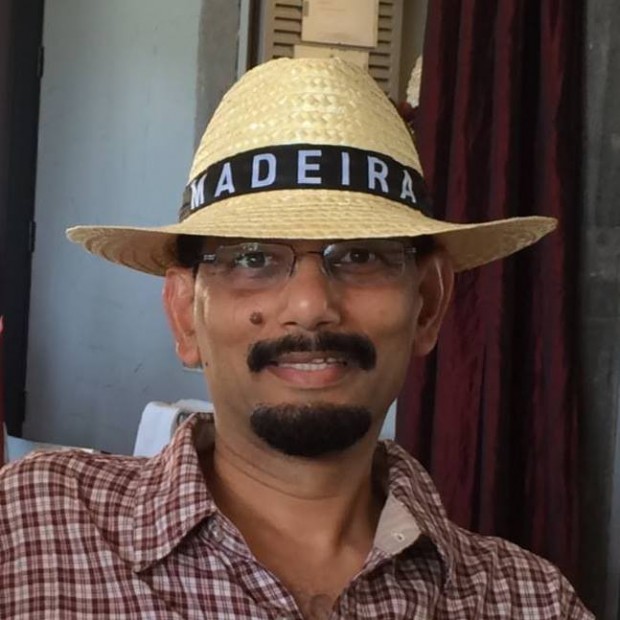 Deep Medhi, Ph.D.
Deep Medhi, Ph.D.
University of Missouri-Kansas City
DMedhi at umkc dot edu
Deep Medhi is Curators’ Professor in the Department of Computer Science & Electrical Engineering at the University of Missouri-Kansas City, USA, and honorary professor in the Department of Computer Science & Engineering at the Indian Institute of Technology-Guwahati, India. He obtained B.Sc. in Mathematics from Cotton College, Gauhati University, India, M.Sc. in Mathematics from the University of Delhi, India, and his M.S. and Ph.D. in Computer Sciences from the University of Wisconsin-Madison, USA. Prior to joining UMKC in 1989, he was a member of the technical staff at AT&T Bell Laboratories. He is the Editor-in-Chief of Springer’s Journal of Network and Systems Management, and is on the editorial board of IEEE/ACM Transactions on Networking, IEEE Transactions on Network and Service Management, and IEEE Communications Surveys & Tutorials. His research has been funded by NSF, DARPA, and industries. He is co-author of the books, Routing, Flow, and Capacity Design in Communication and Computer Networks (2004) and Network Routing: Algorithms, Protocols, and Architectures (2007), both published by Morgan Kaufmann Publishers/Elsevier Science.
![]()
 Deniz Gurkan, Ph.D.
Deniz Gurkan, Ph.D.
Associate Professor
dgurkan at uh dot edu
Deniz Gurkan received her B.S. (1996) and M.S. (1998) in Electrical Engineering from Bilkent University, Turkey and received her Ph.D. in Electrical Engineering from the University of Southern California in 2003. She has been a member of the faculty in Engineering Technology Department of the University of Houston since 2004. Her research interests are in measurement and instrumentation networks, sensor networks and standardization, and optical networking. She has over 50 peer-reviewed articles in her field. She has been the Associate Editor for the IEEE Transactions on Instrumentation and Measurement since 2010. She has been a member of the technical committee for the IEEE Sensor Applications Symposium since 2008.
![]()
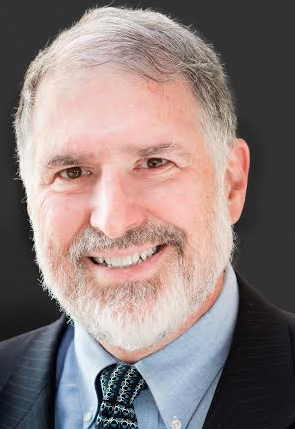 Glenn Ricart , Ph.D.
Glenn Ricart , Ph.D.
Founder and CTO of US Ignite
Glenn dot Ricart at us-ignite dot org
Glenn Ricart is founder and CTO of US Ignite, a nonprofit creating an ecosystem of innovative applications and services in smart gigabit communities enabled by software-driven infrastructure. US Ignite brings together corporations, cities and regions, government, nonprofits, and academic to make and deploy these innovative applications and services. Dr. Ricart is also Adjunct Professor in the School of Computing at the University of Utah. Previously, Glenn was CEO of National LambdaRail, Managing Director of PricewaterhouseCoopers, Executive Vice President and CTO of Novell during its heyday, Program Manager at DARPA, and Assistant Vice Chancellor of Academic Affairs and academic CIO at the University of Maryland. Dr. Ricart was inducted into the Internet Hall of Fame as an Internet Pioneer in 2013. He is also the founder or co-founder of five startups raising a combined total of $190M.
![]()
 Co-PI: Heidi L. Morgan, Ph.D.
Co-PI: Heidi L. Morgan, Ph.D.
Director of CIARA
heidi at fiu dot edu
Heidi L. Morgan, PhD. is the Director of the Center for Internet Augmented Research and Assessment (CIARA) at Florida International University. She is a Co-PI for several NSF funded projects including SwitchOn – Exploring and Strengthening US-Brazil Collaborations in Future Internet Research (switchon.ampath.net), PIRE: Training and Workshops in Data Intensive Computing Using The Open Science Data Cloud (www.opensciencedatacloud.org), Americas Lightpaths: Increasing the Rate of Discovery and Enhancing Education across the Americas (amlight.net) and the AMPATH International Exchange Point in Miami. Heidi enjoys working to advance research and education networking initiatives in the Caribbean, Mexico, Central and South America and collaborating with likeminded professionals in the US and around the world.
![]()
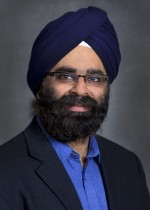
Inder Monga, Ph.D.
Division Deputy for Technology, Chief Technology Officer
IMonga at es dot net
Inder Monga advances networking services for collaborative and distributed science at ESnet, as well as contributes to ongoing research projects including Software-Defined Networking, OSCARS, perfSONAR, as well as the Advanced Network Testbed Initiatives. He was recently selected to be ONF’s Research Associate, co-chairs the Network Service Interface (NSI) working group in OGF, and co-leads the Next-Generation architecture activity. Monga’s research interests include network virtualization, software-defined networking, grid/cloud computing and sensor networking. His work experience in the private sector has included network engineering for Wellfleet Communications and Canadian telecom company Nortel, where he focused on application and network convergence. Originally from India, Monga spent about 19 years in the greater Boston area. He earned his undergraduate degree in electrical/electronics engineering from Indian Institute of Technology in Kanpur, India, before coming to the U.S. to pursue his graduate studies in Boston University’s Electrical and Electronics Communication Systems Department.
![]()
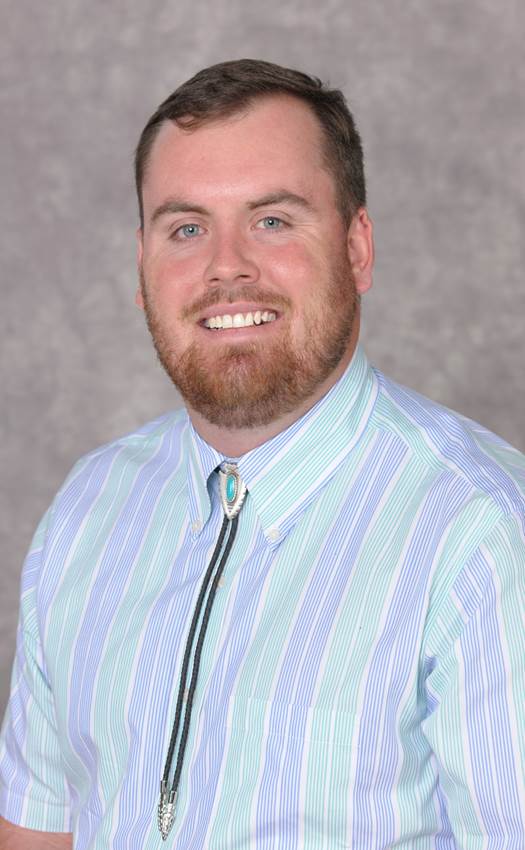 James Grace
James Grace
AMPATH Senior Network Engineer
jgrac002 at fiu dot edu
James Grace is an AMPATH Senior Network Engineer, responsible for operations and engineering of the AMPATH International Exchange Point, and for all service monitoring and metrics analysis. He earned a MA in Econometrics from Florida International University.
![]()
 PI: Jason Liu, Ph.D.
PI: Jason Liu, Ph.D.
SCIS FIU
liux at cis dot fiu dot edu
Jason Liu is an Associate Professor at Florida International University in Miami, Florida, USA. He received a B.A. degree in Computer Science from Beijing University of Technology in China in 1993, an M.S. degree in Computer Science from College of William and Mary in US in 2000, and a PhD degree in Computer Science from Dartmouth College in US in 2003. His research interests include parallel discrete-event simulation, high-performance modeling and simulation of communication networks and computer systems. Dr. Liu is currently a steering committee member for the ACM SIGSIM-PADS conference and an associate editor for ACM TOMACS and SIMULATIONS journals. He was a general chair for PADS’12, MASCOTS’10, and SIMUTools’11, and a program chair for SIMUTools’10 and PADS’08. He also served on the technical committees for many conferences. Dr. Liu is an NSF CAREER Awardee in 2006 and an ACM Distinguished Scientist in 2014.
![]()
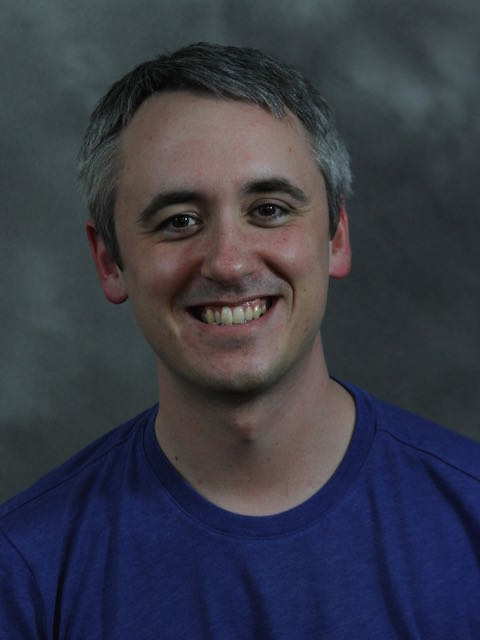 Jeff Rasley
Jeff Rasley
Brown University
jeffra at cs dot brown dot edu
Jeff Rasley is a fourth-year Ph.D. student at Brown University advised by Rodrigo Fonseca. He received his B.S. in Computer Engineering from the University of Washington (2012) and is funded by an NSF Graduate Research Fellowship. His research interests are in networks, distributed systems, and security. Most recently he has worked in areas of network monitoring and traffic engineering in the context of SDNs and cluster resource management in the context of “big data” analytics frameworks.
![]()
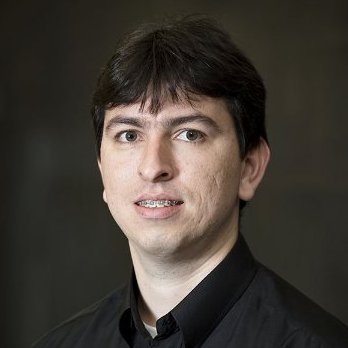
Jeronimo Bezerra
Sr. Network Engineer at FIU-CIARA
jbezerra at fiu dot edu
MSc in Mechatronics and BS in Computer Science by the Federal University of Bahia/Brazil, Jeronimo Bezerra has been involved with academic networks for the last 12 year. Currently, he is the AmLight Senior Network Engineer (www.amlight.net), being responsible for the AmLight Software Defined Network and all its applications, protocols and performance requirements.
![]()
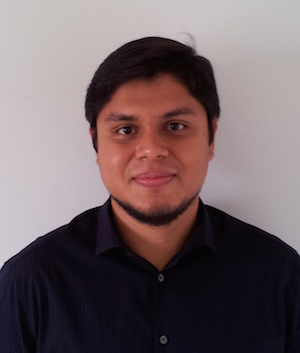 Joaquin Chung
Joaquin Chung
PhD Student at Georgia Institute of Technology
joaquin dot chung at gatech dot edu
Joaquin Chung received both his B.S. in Electrics and Communications Engineering (2007) and his M.Sc. in Communication Systems Engineering with Emphasis in Data Networks (2013) from University of Panama, Panama. He is a Fulbright scholar and currently pursuing his Ph.D. in Electrical and Computer Engineering under the supervision of Dr. Henry Owen and Dr. Raheem Beyah at Georgia Institute of Technology, GA. His research interests include Software Defined Networking and Network Security.
![]()
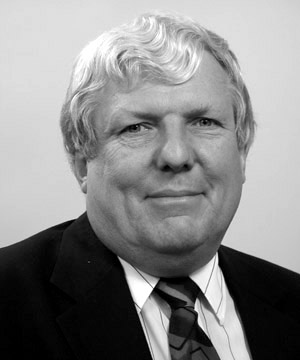 John Silvester, Ph.D.
John Silvester, Ph.D.
University of Southern California
jsilvest at usc dot edu
John Silvester has been with the University of Southern California since 1979 and is currently a Professor of Electrical Engineering. He was Director of the Computer Engineering Division from 1984-1990, Vice-Provost of Academic Computing from 1994-1997, and Vice-Provost of Scholarly Technology from 1997-2006. He received an MA in Mathematics and Operations Research from Cambridge University, MS in Statistics and Computer Science from West Virginia University and Ph.D. in Computer Science from UCLA. His academic interests are in high speed, optical, and wireless networking. He has supervised more than 25 Ph.D. students and published over 150 technical papers. For the last 10 years, he has been actively involved in planning, management and implementation of advanced networking for the research and education community at the State, National, and International level. He was a member of the Board of Directors of CENIC (Consortium for Educational Networks in California), was Vice-Chair from its founding in 1997 to 1999 and Chair from 1999 to 2006. From 2005-2010 he was Principal Investigator of the TransLight/PacificWave project (part of the International Research Networks Connections Program of the US National Science Foundation), that operates the research and education exchange points on the US West Coast and, in partnership with the Australian Academic and Research Network, supports advanced connectivity through Hawaii to Australia. He continues as a consultant for CENIC on international projects with a particular focus on the Pacific Rim and Latin American partners that utilize Pacific Wave (the main academic exchange on the US West Coast), which recently received funding from the NSF to upgrade its facilities to 100G and to deploy a parallel SDX capability. He is co-PI on the NSF Network Infrastructure project TEN-II (Trojan Network II) which is experimenting with SDN capabilities and implementing a “DMZ” to support high performance networking at USC. Participants in TEN-II are part of the Pacific Research Platform based at UCSD (recently funded by the NSF to expand DMZ functionality across multiple campuses to support multiple disciplinary science domains).
![]()
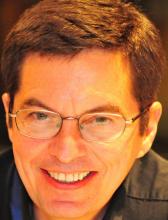
José A.B. Fortes, Ph.D.
Professor and AT&T Eminent Scholar
Director, Advanced Computing and Information Systems (ACIS) Laboratory
fortes at acis dot ufl dot edu
José A.B. Fortes is the AT&T Eminent Scholar and Professor of Electrical and Computer Engineering and Computer Science at the University of Florida where he founded and is the Director of the Advanced Computing and Information Systems Laboratory.
His research interests are in the areas of distributed computing, autonomic computing, computer architecture, parallel processing and fault-tolerant computing. He has authored or coauthored over 200 technical papers and has lead the development and deployment of Cloud and Grid-computing software used in several cyberinfrastructures for e-Science and digital government. His research has been funded by the Office of Naval Research, AT&T Foundation, IBM, General Electric, Intel, Northrop-Grumman, Army Research Office, NASA, Semiconductor Research Corporation and the National Science Foundation.
![]()
 José R. Ortiz-Ubarri, Ph.D.
José R. Ortiz-Ubarri, Ph.D.
Associate Professor
jose.ortiz23 at upr dot edu
José Ortiz-Ubarri is an Associate Professor at the University of Puerto Rico, Rio Piedras, USA. He received a B.S. degree in Computer Science from the University of Puerto Rico (UPR), Rio Piedras in 2003, and a PhD degree in Computer Science and Engineering from the University of Puerto Rico, Mayagüez in 2010. His research interests include computer and networks security, high performance computing, and computer science education. He is the director of the NSF supported project Perimeter Network to Expedite the Transmission of Science (PR-NETS) at the University of Puerto Rico. José was a systems and network administrator for seven years at the High Performance Computing facility of the UPR. He is a member of the technical committee of the International Conference on Malicious and Unwanted Software (2013-2015).
![]()
 Co-PI: Julio E. Ibarra, Ph.D.
Co-PI: Julio E. Ibarra, Ph.D.
Assistant VP of CIARA
julio at fiu dot edu
As the Assistant Vice President for Technology Augmented Research at FIU, Dr. Julio Ibarra is responsible for furthering the mission of the Center for Internet Augmented Research and Assessment (CIARA) – to contribute to the pace and the quality of research at FIU through the application of advanced Cyberinfrastructure. He is responsible for strategic planning and development of advanced research networking services, including the development and management of the AMPATH International Exchange Point for Research and Education networks, in Miami, Florida. He holds B.S. and M.S. in Computer Science from FIU, and Ph.D. in Telematics and Information Technology from Twente University.
![]()
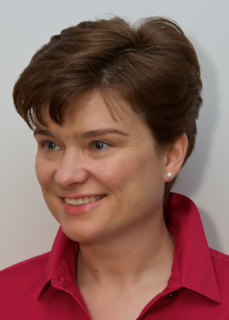 Kate Keahey, Ph.D.
Kate Keahey, Ph.D.
Computer Scientist at Argonne National Laboratory, Computation Institute fellow
University of Chicago
keahey at mcs dot anl dot gov
Kate Keahey is one of the pioneers of infrastructure cloud computing. She created and leads the development of the Nimbus project, recognized as the first open source Infrastructure-as-a-Service implementation, and engages in many application leveraging cloud computing capabilities for science. She also leads the Chameleon project, a distributed experimental platform for cloud computing research. Kate is a Scientist at Argonne National Laboratory and a Senior Fellow at the Computation Institute at the University of Chicago.
![]()
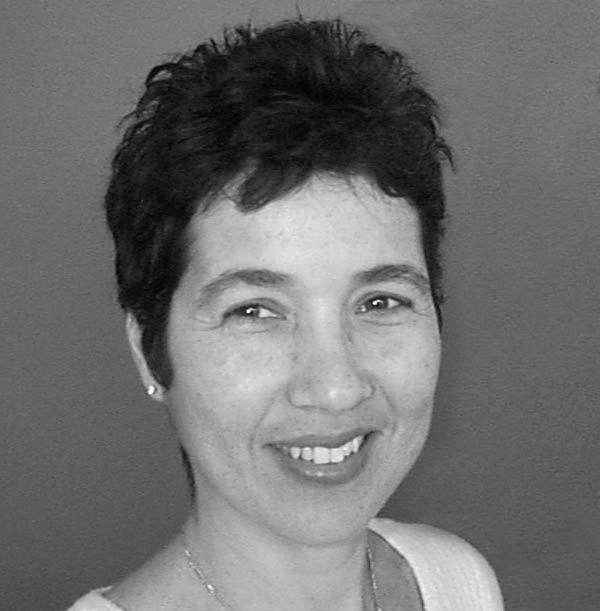 Katia Obraczka, Ph.D.
Katia Obraczka, Ph.D.
Professor
katia at soe dot ucsc dot edu
Katia Obraczka is Professor of Computer Engineering at UC Santa Cruz. Before joining UCSC, she was a esearch Scientis at USC’s Information Sciences Institute (ISI) and had a joint appointment at USC’s Computer Science Department.
Prof. Obraczka’s research interests span the areas of computer networks, distributed systems, and Internet information systems. Her lab, the Internetwork Research Group (i-NRG) at UCSC, conducts research on designing and developing protocol architectures motivated by the internets of the future. She has been a PI and a co-PI in a number of projects sponsored by government agencies (e.g., NSF, DARPA, NASA, ARO, DoE, AFOSR) as well as industry (e.g., Cisco, Google, Nokia, and Samsung). She is a Fellow of the IEEE.
![]()
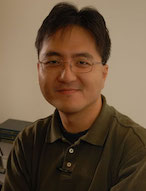 Kuang-Ching Wang, Ph.D.
Kuang-Ching Wang, Ph.D.
Associate Professor, ECE, Networking CTO, CCIT, Clemson University
kwang at clemson dot edu
Dr. K.-C. Wang is an Associate Professor at the Department of Electrical and Computer Engineering at Clemson University as well as the Networking CTO for CCIT, the university’s IT organization. He was on sabbatical at the Stanford Open Networking Lab (ON.Lab) in 2012, and visiting Big Switch Networks, a leading SDN startup, from 2013-2015 working on SDN and Cloud orchestration software development. He received his Ph. D. in Computer Engineering from UW-Madison in 2003. Dr. Wang is the PI for several NSF GENI future Internet projects deploying SDN, WiMAX, and compute racks for nationwide research experimentation. He is also the PI for “Clemson NextNet” – a NSF campus cyber-infrastructure project for deploying university wide SDN and building a SDN support team in the IT organization. He is a member on the US Ignite mentoring team for integrating SDN with broadband applications. At ON.Lab, he was on the team that developed the first demo of SDN-BGP wide area networking support. Prior to GENI, he has developed a range of network testbeds with different wireless technologies including Wi-Fi, WiMAX, and Zigbee for infrastructure, ad hoc, and sensor wireless networks sponsored by NSF, USDOT, SCDOT, BMW, Cisco Systems, and CH2M Hill.
![]()

Luiz DaSilva, Ph.D.
Professor of Telecommunications, Trinity College Dublin
Research Professor, Bradley Department of Electrical and Computer Engineering, Virginia Tech
dasilval at tcd dot ie, ldasilva at vt dot edu
Luiz A. DaSilva holds the chair of Telecommunications at Trinity College Dublin. He is also a Research Professor in the Bradley Department of Electrical and Computer Engineering at Virginia Tech. His research focuses on distributed and adaptive resource management in wireless networks, and in particular wireless resource sharing, dynamic spectrum access, and the application of game theory to wireless networks. Prof. DaSilva is currently a principal investigator on research projects funded by the National Science Foundation in the United States, the Science Foundation Ireland, and the European Commission under Horizon 2020 and Framework Programme 7. He is a co-principal investigator of CONNECT, the Telecommunications Research Centre in Ireland. He also collaborates extensively with Brazilian universities; starting in 2015, he is a visiting researcher (Pesquisador Visitante Especial) at UFRJ as part of the Science without Borders program.
![]()
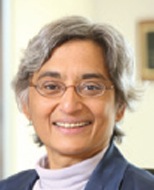 Malathi Veeraraghavan, Ph.D.
Malathi Veeraraghavan, Ph.D.
Professor
mv5g at virginia dot edu
Malathi Veeraraghavan is a Professor in the Charles L. Brown Department of Electrical &
Computer Engineering at the University of Virginia (UVa). Dr. Veeraraghavan received her BTech degree from Indian Institute of Technology (Madras) in 1984, and MS and PhD degrees from Duke University in 1985 and 1988, respectively. After a ten-year career at Bell Laboratories, she served on the faculty at Polytechnic University, Brooklyn, New York from
1999-2002, where she won the Jacobs award for excellence in education in 2002. She served as Director of the Computer Engineering Program at UVa from 2003-2006. Her current research work on optical and IP networks is supported by NSF and DOE. She holds twenty-nine patents, has over 100 publications, and has received five Best-paper awards. She is currently serving as TPC Co-Chair of IEEE BlackSeaCom 2016. She served as the Technical Program Committee Chair for IEEE ICC 2002, and Associate Editor for the IEEE/ACM Transactions on Networking.
![]()
 Mark Berman, A.B, S.M.
Mark Berman, A.B, S.M.
GENI Project Director
mberman at bbn dot com
Mark Berman is Vice President for Technology Development at BBN and Project Director for NSF’s GENI project, with overall responsibility for GENI’s technical direction and successful implementation. At BBN, Mark works to bring technical innovations into practical use. Mark’s research interests are in the area of complex distributed systems and their usability. As VP of BBN’s Intelligent Computing business, he exercised management oversight for numerous research and technology transition efforts, across a diverse set of disciplines and advocated for an open source approach to technology transition. Mark holds A.B. and S.M. degrees in computer science from Harvard.
![]()
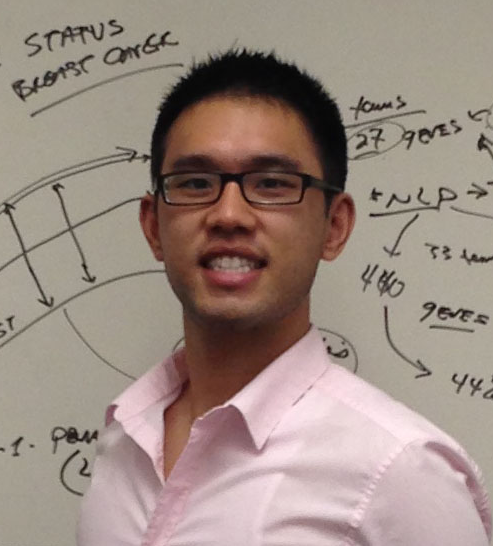 Nam Pho
Nam Pho
Harvard Medical School
nam_pho at hms dot harvard dot edu
Nam Pho is a senior consultant in the research computing group at Harvard Medical School where he configures and maintains an HPC cluster for biomedical research. As an Open Science Data Cloud fellow he worked on developing SDN functionality for the Science DMZ at the University of Sao Paulo to optimize data transfer between Brazil and the US. He has a MS from Johns Hopkins University and a BS from the University of Maryland.
![]()
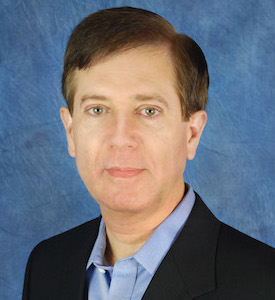
 Norival Figueira, Ph.D.
Norival Figueira, Ph.D.
Office of the CTO, Brocade
nfigueir at brocade dot com
Norival Figueira received Ph.D. and M.S. degrees in Computer Science from the University of California, San Diego (UCSD). Dr. Figueira is currently a distinguished member of the Office of the CTO at Brocade, where he leads projects in the areas of SDN and network policies and security. Previously, Dr. Figueira was on Brocade’s product management team, where he led the development of SDN/OpenFlow and other advanced features on Brocade router products. Prior to Brocade, Dr. Figueira served in senior leadership positions with Foundry Networks, Hammerhead Systems, Nortel Networks, and Bay Networks. Dr. Figueira is accredited with the issuance of 18 US patents in networking technology.
![]()
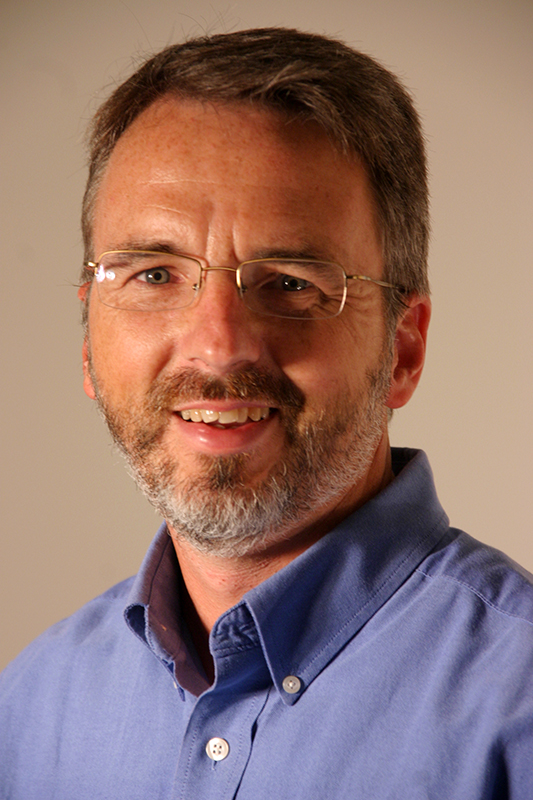 Russell Clark, Ph.D.
Russell Clark, Ph.D.
Sr. Research Scientist
Russ.Clark at gatech dot edu
Dr. Russell Clark is a Senior Research Scientist at The Georgia Institute of Technology and Associate Director of the GT-RNOC. He has extensive experience in networking, network management and mobile applications. Russell has played a leadership role in the GENI project, leading both the GT campus trials efforts as well as the GENI@SoX regional deployment and the Software Defined Exchange (SDX). Russell is active in teaching and manages the Convergence Innovation Competition for student entrepreneurship. Before joining GT full time in 2001, Russell was a principal designer and developer of SNMP management tools with Empire Technologies where he was active in the SNMP standardization efforts in the IETF.
![]()
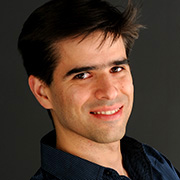
Rodrigo Fonseca, Ph.D.
Assistant Professor at Brown University’s Computer Science Department
rfonseca at cs dot brown dot edu
Rodrigo Fonseca’s work revolves around distributed systems, networking, and operating systems. Broadly, he is interested in understanding the behavior of systems with many components for enabling new functionality, and making sure they work as they should. In particular, he is interested in how to build, operate, and diagnose large scale Internet systems; and in networking and power management in embedded distributed systems such as sensor networks.
![]()
 Ram Krishnan, Ph.D.
Ram Krishnan, Ph.D.
Assistant Professor Department of Electrical and Computer Engineering
The University of Texas at San Antonio
Ram dot Krishnan at utsa dot edu
Ram Krishnan is assistant professor at Department of Electrical and Computer Engineering in The University of Texas at San Antonio. His areas of research interest are computer security in general. His current research interests can be broadly classified into two tracks: Foundational aspects of computer security ( Access control, Security Models, Security Policy Enforcement, Formal Policy Analysis, etc.), and Application/technology-centric security: Currently I am investigating security issues in Cloud Computing.
![]()
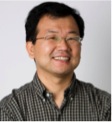 Sejun Song, Ph.D.
Sejun Song, Ph.D.
Associate Professor at University of Missouri-Kansas City
songsej at umkc dot edu
Sejun Song, Ph.D., is an Associate Professor in the Department of Computer Science Electrical Engineering at University of Missouri – Kansas City. Song and his research team conduct research in the areas of trustworthy information and computing systems and software including resilient network and system management, software-defined networks, cloud computing auditability, mobile cloud computing, security, high availability, data storage, and embedded systems. Song received his Ph.D. in Computer Science and Engineering from University of Minnesota, Twin Cities in 2001. Song was working for Texas A&M University, College Station as an Assistant Professor in the Department of Engineering Technology and Industrial Distribution (ETID) and a director of the Cisco Test Engineering Center (Cisco-TEC). Prior to joining academia, Song has been working for various industries including Cisco Systems (senior engineer), Honeywell Research Lab (research staff), and Positive Networks (director). Song is a recipient of Montague-CTE (Center for Teaching Excellence) Scholar for excellence in undergraduate teaching (2013 ~ 2014) and a Faculty Teaching Excellence Award (2010) in TAMU, four Air Force Research Lab’s Visiting Faculty Research Fellowship Awards (2011 ~ 2014), a Cisco Summer Fellowship Award (2010), and has received several best research paper/video awards including Mobisys 2014, ICCCN 2014, and CIEC 2013. Song’s projects have been funded internationally by various agencies including the Air Force Research Lab (AFRL), Cisco Systems, the National Aeronautics and Space Administration (NASA), the Texas A&M University, the University of Missouri, the Center for Disease Control (CDC), and Korea Telecom Research Center, and Electronics and Telecommunications Research Institute, Korea (ETRI).
![]()
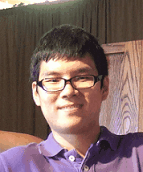 Shaolei Ren, Ph.D.
Shaolei Ren, Ph.D.
Associate Professor of the School of Computing and Information Sciences
and the Department of Electrical and Computer Engineering (FIU)
sren at cs dot iu dot edu
Shaolei Ren received the B.E. degree in Electronic Engineering from Tsinghua University in 2006, the M.Phil. degree in Eletronic and Computer Engineering from Hong Kong University of Science and Technology in 2008, and the Ph.D. degree in Electrical Engineering from University of California, Los Angeles, in 2012. Since 2012, he has been with Florida International University, where he currently holds a joint appointment of Assistant Professor in the School of Computing and Information Sciences and the Department of Electrical and Computer Engineering. His research centers around cloud computing and data center resource management, with an emphasis on sustainability.
![]()
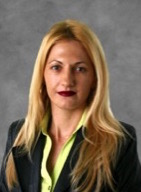 Vasilka Chergarova, MS
Vasilka Chergarova, MS
Research Coordinator at CIARA FIU
vchergar at fiu dot edu
Vasilka Chergarova is a Research Coordinator at Center for Internet Augmented Research and Assessment (CIARA) at Florida International University (FIU). She holds MS in Management of Information Systems from FIU and BS in Information Technology from FIU. As an Open Science Data Cloud Fellow (2011) she researched open-source systems for distributed cloud-based infrastructure at Sao Paulo State University (UNESP). She is interested in data mining, data analytics and data visualization.
![]()
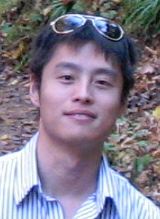 Xin Sun, Ph.D.
Xin Sun, Ph.D.
Associate Professor in the School of Computing & Information Sciences
at Florida International University
xinsun at cs dot fiu dot edu
Xin Sun is currently an assistant professor in the School of Computing & Information Sciences at Florida International University. His general research interest lies in networking and systems, and he has worked extensively in the areas of network design and management, cloud computing, and software-defined networking. He was a visiting researcher at IBM Watson research center from June to August in 2014. He received his Ph.D. in computer engineering from Purdue University, West Lafayette.
![]()
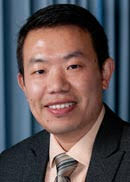 Yan Luo, Ph.D.
Yan Luo, Ph.D.
Associate Professor of the Department of Electrical and Computer Engineering at the University of Massachusetts Lowell
Yan_Luo at uml dot edu
Yan Luo is an Associate Professor of the Department of Electrical and Computer Engineering at the University of Massachusetts Lowell. He obtained his Ph.D. in Computer Science from University of California Riverside in 2005. While his research interest spans broadly computer architecture and network systems, Prof. Luo’s current research focuses on heterogeneous architecture and systems, software defined networks and deep learning. He has served on the program committee of numerous international conferences and as a guest editor and referee of premier journals. At UMass Lowell, he directs the Laboratory of Advanced Computing and Networking Systems, which has been supported by National Science Foundation, Intel, Raytheon/BBN, Netronome, Xilinx and Altera. Prof. Luo’s team has released several open source projects with significant impacts, including the first network processor based OpenFlow switch and a cycle-accurate simulator of multicore network processors.
![]()




